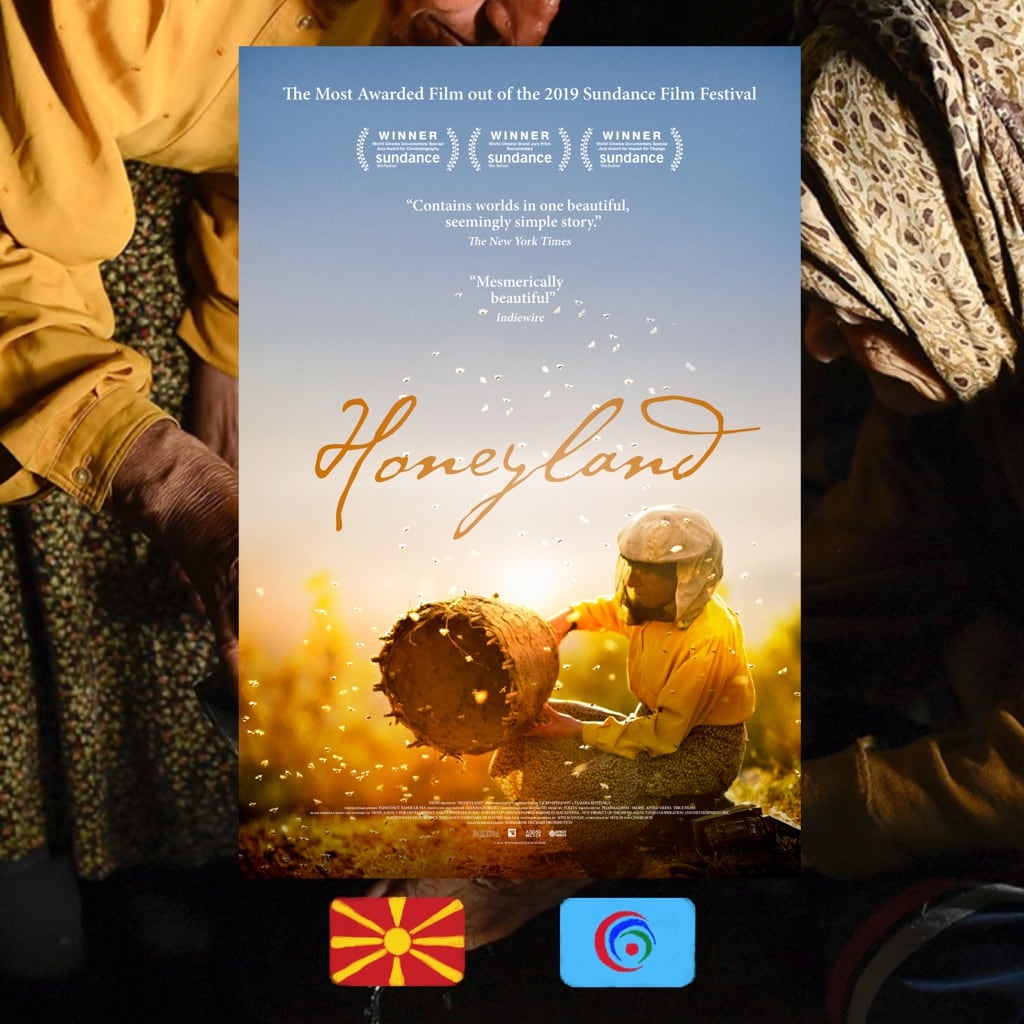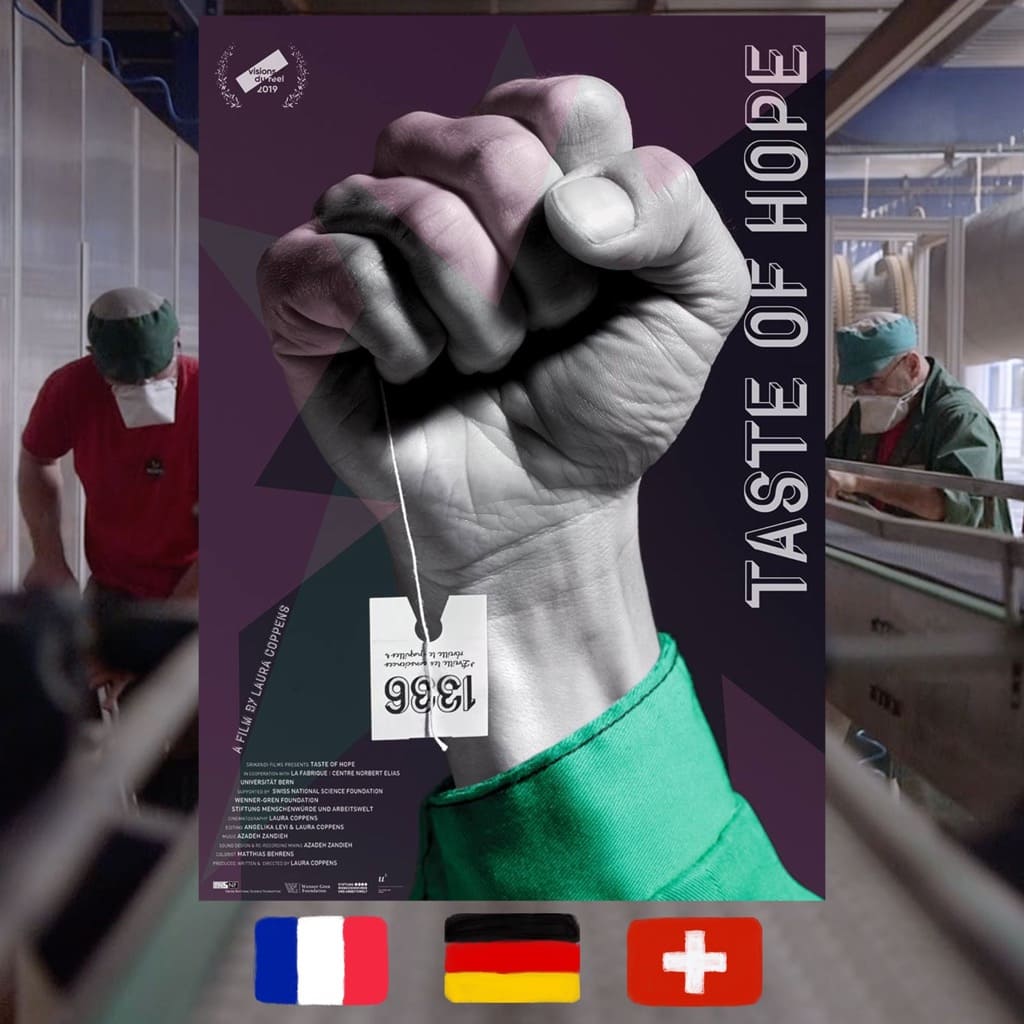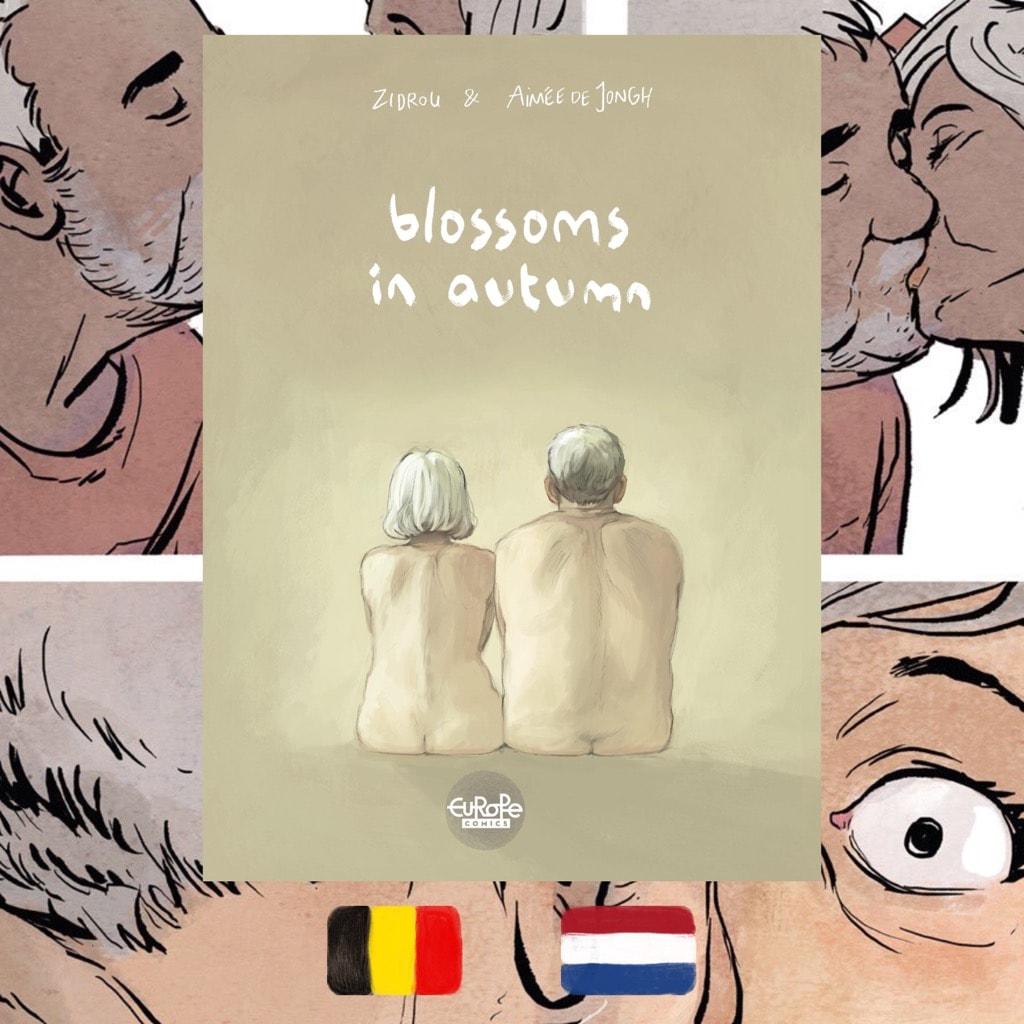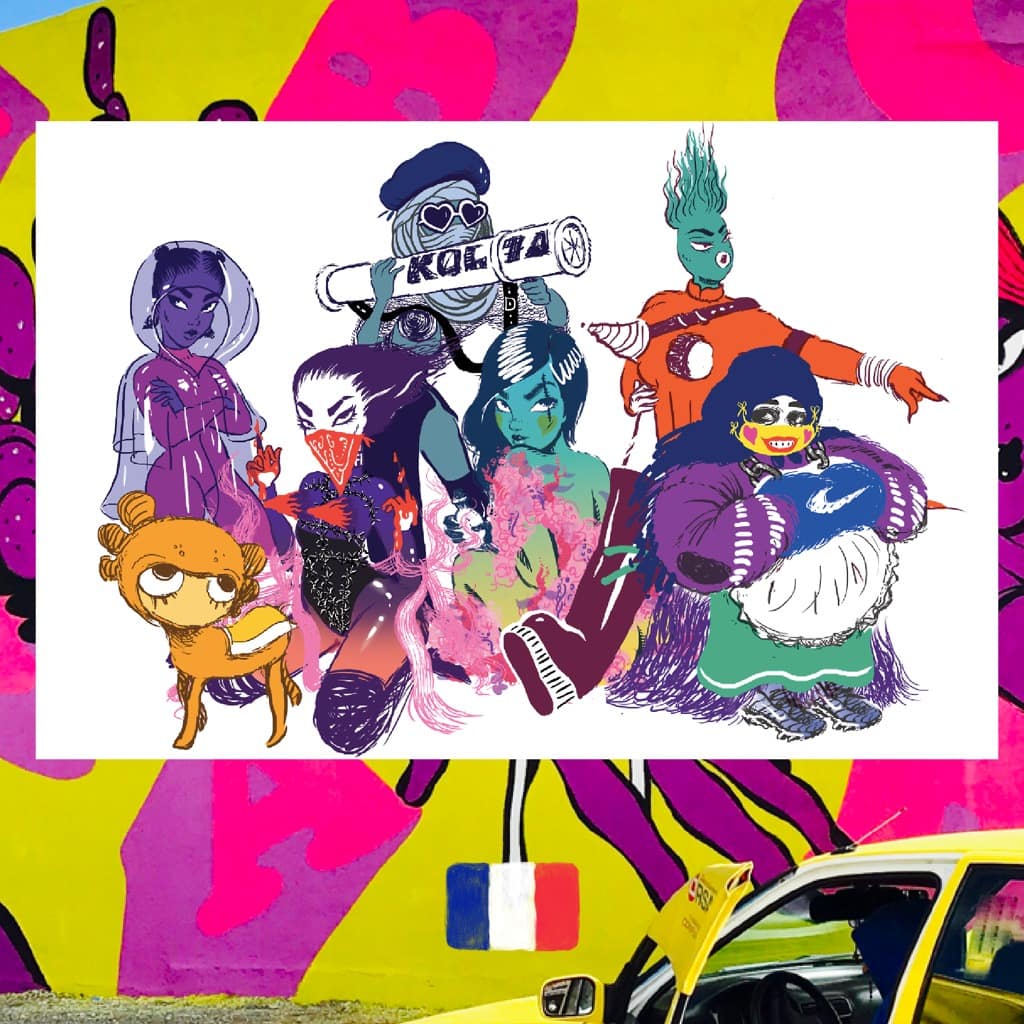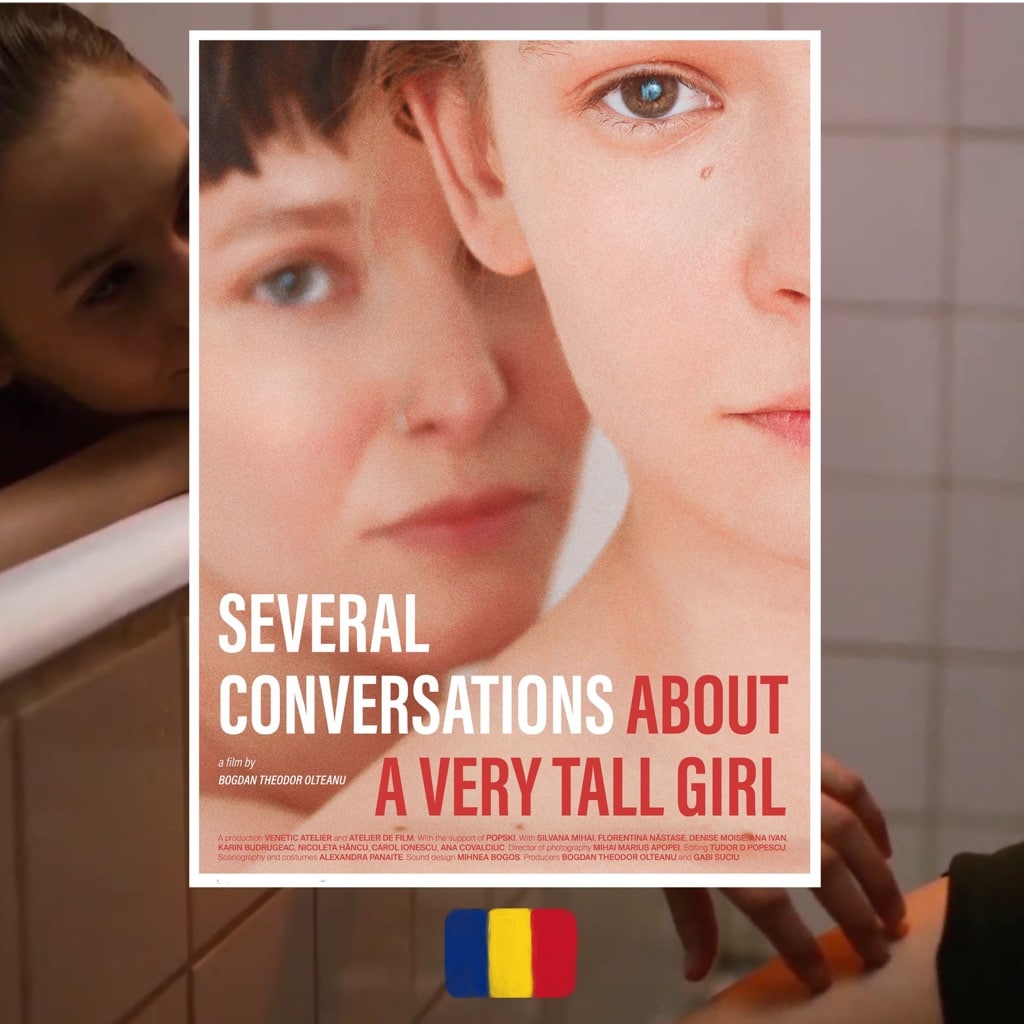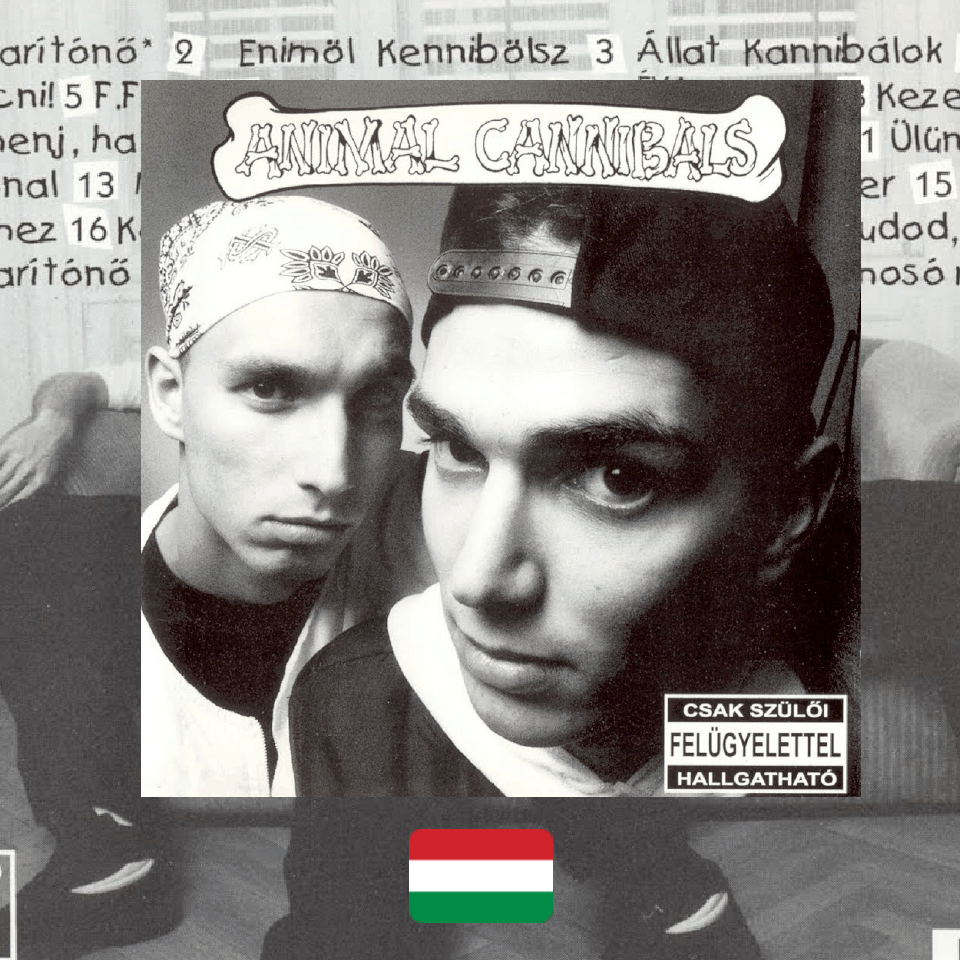A daughter’s search for her father who disappeared without a trace after enjoying a high roller life in the 90s becomes a window into the bizarre landscape of post-Soviet Latvia


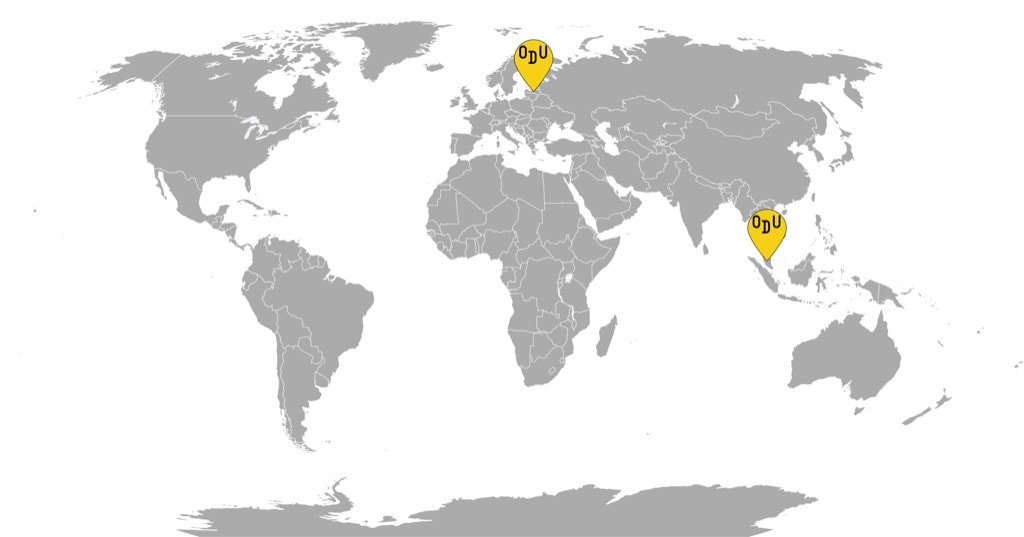
WHAT IT’S ABOUT: Latvian filmmaker Ieva Ozoliņa had not seen her father, Boriss Osipovs, since the 1990s. Once a successful banker thriving in the post-Soviet capitalist surge, one day, he disappeared without a trace, with rumors circulating about his likely demise and millions buried in the woods. So when someone closely matching her father’s description was discovered in a Malaysian mental health facility, Ozoliņa decided to travel there and see for herself. A part of the film reconstructs the events of the 1990s when the university professor Osipovs made his foray into finance and started leading a lavish but precarious life that resulted in his disappearance. Meanwhile, the filming crew follows Ozoliņa to Kuala Lumpur, where she will find out if the man in question is, in fact, her father, and perhaps have a chance to solve the decades-old mystery.
WHO MADE IT: An artist and production designer for many years, Ieva Ozoliņa initially entered the Academy of Arts in Riga to study pottery. However, she had always been fascinated by filmmaking and decided to switch her major upon receiving the fateful letter about her father. She made “My Father the Banker” as her master’s thesis, and went on to win the debut award for it at the Latvian National Film Festival. Since her debut, Ozoliņa has made another documentary, also centered around peculiar family dynamics: “Solving My Mother,” about a mathematician’s mommy issues.
The film features various members of Ozoliņa’s family and her father’s colleagues and acquaintances, as well as some fascinating archival footage that details Latvia’s wild 1990s.
The offbeat film score, by Latvian electronic musician Martinez Gonzalez, as well as Osipovs’ former associate, Roma musician who goes by the monicker Lonely Wolf (Одинокий Волк) complements this fascinating portrait of post-Soviet frenzy.
WHY DO WE CARE: There are not enough films being made on the subject of post-Soviet capitalism that ravaged the newly independent countries in the aftermath of the fall of the empire. This is especially evident when it comes to documentaries, and more so, documentaries centered around the personal fallout of the era. An era where some got monstrously rich, others slid into poverty, and almost everyone was left with a piece of their soul missing. And how are we expected to process the immense impact that the Soviet Union’s dissolution had on world history, without assessing the damage done to the people? It will take many films like Ozoliņa’s to fully be able to deconstruct the post-Soviet identities in a meaningful way, country by country, but “My Father the Banker” does an incredible job of laying out the landscape of Latvia at the time. It also offers an unmatched look into the tremors haunting Riga in the past three decades.
Interestingly, some of Ozoliņa’s family members are portrayed as reluctant participants. They are not so sure about investigating the alleged Osipovs, and it’s hard not to sympathize with their decision, especially after learning about some of the family’s earlier ordeals at the hands of their enigmatic patriarch. But the fact that Ozoliņa decides to pursue the story, despite the much turmoil added to her life, and the emotional upheaval that it brings is what establishes her as a very promising and courageous storyteller.
WHY YOU NEED TO WATCH: Being a contemporary to tumultuous events often makes people experience fractures in their private lives. But as loss, memory, and ambiguity surround every one’s recollections of what happened after the collapse of the USSR, not all have a fascinating story to tell for it, like Ieva Ozoliņa does. Perhaps it’s because she was already mature enough when she received the news about her father’s possible spotting in Malaysia, or because of her outstanding directorial sensibility, that Ozoliņa handled the very personal and traumatic story behind her film with grace, heart and a whole lot of humor. The film is very dynamic: after all, it fits in an entire historical period of a country and one family’s chronicles into its mere 70 minutes. And as Ozoliņa narrates it, in informative staccato, a sprawling house of cards is erected. It’s inhabited by a motley gang of survivors, some winners, some losers, but mostly still with their jaws agape, to this day not able to process what the post-Soviet 1990s were and how these times changed them. Ozoliņa builds up the historical context and then dissects it, while also taking out the seams from her own personal history. It’s a gutsy move that builds into the shared narrative that many creators in the post-Soviet space inhabit. One where picking at painful wounds that they’re still nursing from earlier years is a necessity in the strive to reconsider and revise history, and move forward free of the past’s constraints. A rare occasion when a personal story carries so much political baggage and also keeps the viewer at the edge of their seat, “My Father the Banker,” is an understated indie treasure. It grabs the viewer with the intensity of a true-crime hit, and yet earnestly holds up on many levels.
My Father the Banker (Mans Tēvs Baņķieris), 2015
Director: Ieva Ozoliņa
For more content like this sign up for our weekly newsletter
WATCH THE TRAILER


